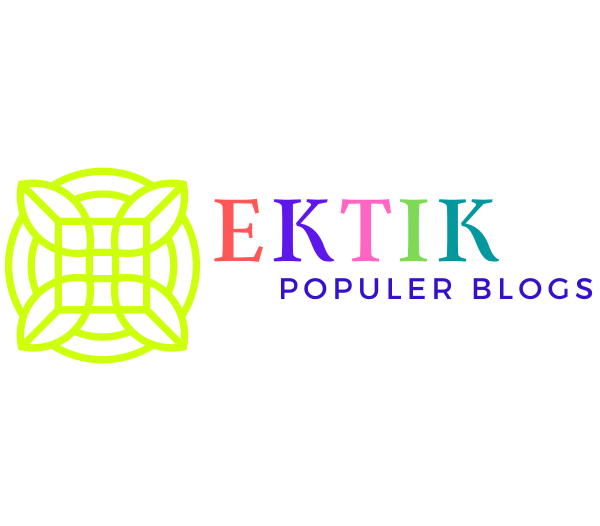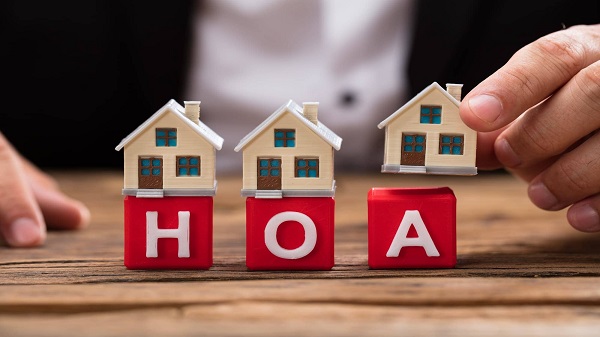Managing a homeowners association (HOA) is a complex and challenging task that requires careful planning, strong leadership, and effective communication. HOA administrators must balance the needs of the community with the requirements of the law, all while maintaining transparency and accountability. In this article, we will explore some of the most effective strategies for managing an HOA, as shared by industry professionals. Get in touch with them to learn more about how they can help your HOA succeed.
Develop a Strategic Plan
Creating a strategic plan is the foundation of effective HOA management. This plan should outline the community’s goals, objectives, and priorities, as well as a roadmap for achieving them. A strategic plan should also address issues such as budgeting, maintenance, and capital improvements.
Foster Communication and Transparency
One of the keys to successful HOA management is effective communication. This means keeping residents informed about community events, meetings, and projects. It also means being transparent about budgeting, decision-making processes, and community issues. HOA administrators can foster communication and transparency by using a variety of tools, such as newsletters, email updates, and social media.
Create Policies and Procedures
Establishing policies and procedures is essential for effective HOA management. This includes creating guidelines for architectural review, landscape maintenance, and other community activities. It also means setting clear expectations for residents regarding their responsibilities and obligations to the community.
Maintain Financial Stability
Maintaining financial stability is critical for the success of any HOA. Administrators must carefully manage the budget, collect assessments, and ensure that expenses are kept in check. This requires financial planning, budget forecasting, and regular financial reporting.
Enforce Rules and Regulations
HOA administrators are responsible for enforcing the community’s rules and regulations. This means taking appropriate action when violations occur, such as issuing fines or pursuing legal action. It also means ensuring that all residents are aware of the rules and understand their importance.
Prioritize Maintenance and Repairs
Maintaining the community’s infrastructure, such as buildings, landscaping, and amenities, is crucial to keeping property values high and residents happy. HOA administrators should develop a maintenance plan that outlines routine inspections and repairs, as well as long-term capital improvement projects.
Build a Strong Relationship with Vendors and Contractors
HOA administrators should establish positive relationships with vendors and contractors who work with the community. This means seeking out quality contractors who provide fair prices and reliable service and maintaining open communication with them to ensure that projects are completed on time and within budget.


